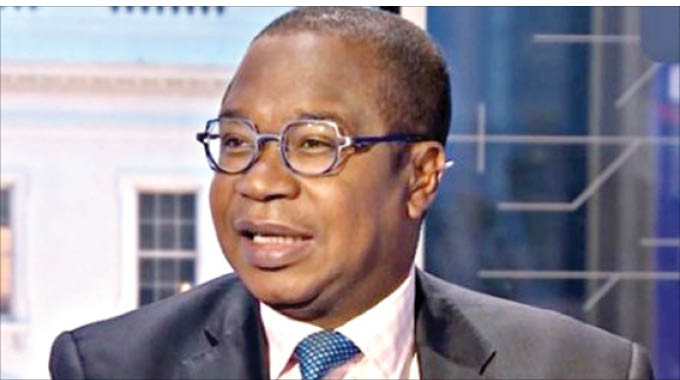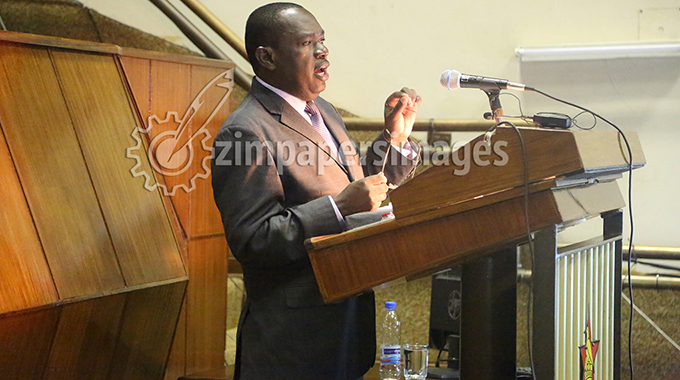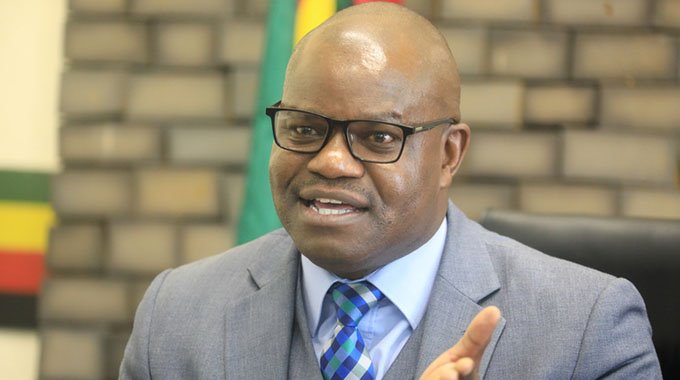Zim Davos visit lures investors

Africa Moyo, Deputy News Editor
Zimbabwe continues to use the World Economic Forum (WEF) in Davos, Switzerland, to sell the country as an investment destination.
Finance and Economic Development Minister Professor Mthuli Ncube led Zimbabwe’s delegation at the 50th World Economic Forum (WEF) from January 21 to 24 and also hosted a practical investment seminar in Zurich.
Prof Ncube described WEF as an important platform for international re-engagement, and for driving the policy “Zimbabwe is Open for Business”.
He said Zimbabwe took advantage of this year’s WEF edition to sell the numerous investment opportunities that exist, and explained the specific incentives that investors can get.
“From a Zimbabwe perspective, the takeaways from Davos are: ‘Zimbabwe is Open for Business’, this mantra was well captured by the event we hosted in Zurich focusing on investing in Zimbabwe and the opportunities that are available,” said Prof Ncube.
“We discussed the various incentives available to investors and the security of their investments. Target sectors of interest from investors are mining, tourism, agriculture, pharmaceuticals, and services. Zimbabwe will work out specific incentives for Swiss investors in these sectors.”
If new Swiss investors come, they will join other companies from the European country, principally Nestle, which already operates in Zimbabwe.
Nestlé SA is a Swiss multinational food and drink processing conglomerate head-quartered in Vevey, Vaud, Switzerland.
It is the largest food company in the world, measured by revenues and other metrics, since 2014.
The interest from Swiss investors comes on the back of commitments by a number of investors such as Karo Resources and the Russians, who have partnered Government in platinum mining in Darwendale.
Great Dyke Investments, a joint venture between Russia’s Vi Holdings and Zimbabwe’s Landela Mining Venture (Pvt) Ltd, last week started operations on its Darwendale concessions after years of preparation, with the first box cut being made.
The platinum deal is worth US$2 billion, and President Mnangagwa’s visit to Moscow last year saw the release of US$300 million, part of which has helped to start the implementation of the project.
Many other investors have taken up opportunities in Zimbabwe since 2017, after the Government reopened the country to investment by addressing obstacles which portrayed Zimbabwe as an unsafe destination.
Prof Ncube said Zimbabwe’s participation at this year’s WEF allowed it to engage the world regarding food shortages caused by erratic rains.
“The global community is committed to support Zimbabwe in the sourcing of grain and other foods to deal with the effects of drought,” he said.
“This was expressed by the WFP executive director (Mr David Beasley), and UN under-secretary on humanitarian assistance (Mr Mark Lowcock).”
In December last year, the United Nations (UN) said it would provide food assistance for 4,1 million Zimbabweans.
Just over seven million people require food assistance after a bad harvest last year, and with another poor yield looming due to erratic rains because of climate change, more people in rural and urban areas might need food assistance.
The pledge by the global community to provide more food, combined with the efforts of Government, brings relief to citizens who are battling to feed families.
President Mnangagwa has reiterated that no one will starve as adequate measures had been put in place to feed all food insecure households.
Prof Ncube said the WEF discussed the need to focus on climate change and climate proofing countries, especially agriculture.
He said there was need to create instruments that would enable Zimbabwe to cash in on “its vast forests by selling carbon credits in order to finance development”.
“I participated in a session at WEF on this,” said Prof Ncube. “The ministry of Finance and relevant Government departments are looking into this.” A carbon credit is a permit that allows a company that holds it to emit a certain amount of carbon dioxide or other greenhouse gases.
One credit permits the emission of a mass equal to one tonne of carbon dioxide.
The carbon credit is one half of a so-called “cap-and-trade” programme.
Companies that pollute are awarded credits that allow them to continue to pollute up to a certain limit. That limit is reduced periodically.
Meanwhile, the company may sell any unneeded credits to another company that needs them.
Private companies are thus doubly incentivised to reduce greenhouse emissions.
WEF also discussed issues pertaining to youth employment and supporting SMEs, which Prof Ncube said will help Zimbabwe and Africa to fully harness the demographic dividend.
Zimbabwe has come up with tax incentives for companies that employ young people through a tax rebate for youth employment launched in the 2020 National Budget.








Comments